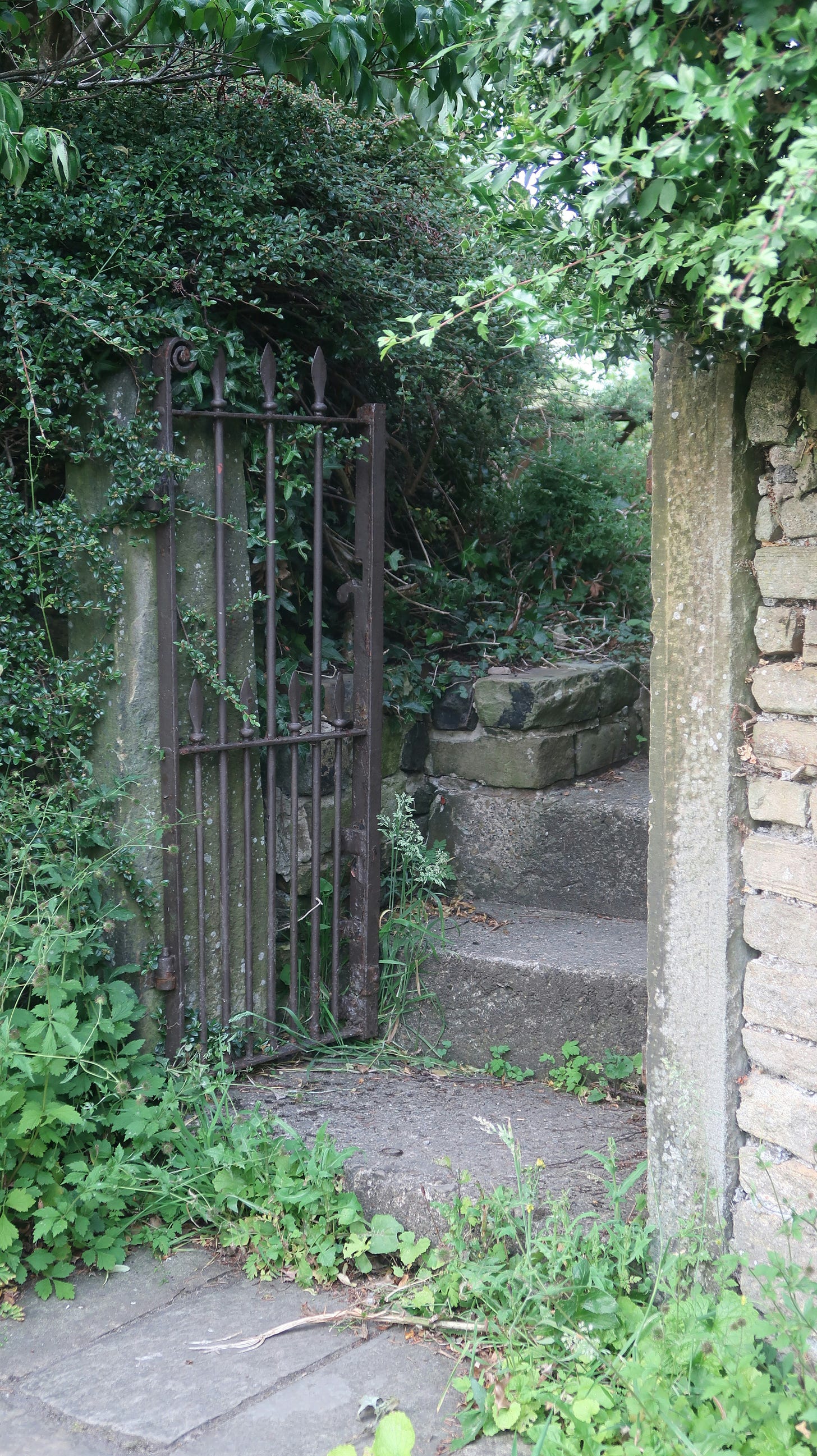Pen & Page Prompt #10
This Week: A guided prompt to startle, stray, and discover.
Pen & Page: Rewilding the Poem
Beginning Sunday, the Rewilding the Poem Retreat takes place in the Pennsylvania Pocono Mountains, and I’ve been non-stop preparing until yesterday morning when I closed the lid on the final box of materials. Now I have some time to reflect and foremost in my mind is supporting and encouraging the retreat theme. Since we will be there on Indigenous People’s Day, we will be especially observant of our surroundings, the lands of the Lenni Lenape, in our daily attentions and activities. Weather is looking advantageous to trail walk, outdoor exploration, and return to our roots in nature. We will rewild the poet as well as the poems!
You may recall that Rewilding the Poem was the topic of the July 3rd post. Obviously, I’ve been considering this idea for a while. It is natural it became the focus for our workshops and activities. So as I dwell on my focus for the retreat, I’d like to share another “Rewilding” prompt with you.
Prompt #10: Leave the Path, Trust the Leap, Let Language Grow Wild
Civilized poems tidy the path: clear syntax, polite turns. This week, let the wild edge back in—surprise growth, stray sounds, untamable leaps. Think of language as a landscape with deer paths, snags, and sudden openings.
Setup
List 5 feral things: one texture (burr, thistle, moss), one sound (scritch, wingbeat, creek-rattle), one motion (bolt, veer, braid), one weather (fogbank, heat shimmer), and one animal sign (print, scat, feather).
Core Prompt
Write 14–18 lines that begin on a trail (literal or figurative) and then leave it. Include:
one moment of startle (what flushes from the brush),
one found phrase (from a label, map, warning sign),
one non-human perspective for 2 lines.
Let the poem “lose the trail” around the middle, then find a new way of knowing at the end.
Craft Menu - choose 2-3
Replace one “because/so” with a blank line—let the leap do the logic.
Edge-load: end lines on strong nouns/verbs (never on of/and/the).
Use sound as spoor: repeat a consonant across three lines (scr, br, th).
Image molt: repeat one image twice, altered (path → seam; creek → wire).
One line in imperative voice to your wild self.
Shape Options - choose 1
Couplets as steps, shorter second line.
Prose block with air (one scored blank line = the turn).
Fragment field (no punctuation until the last line).
Constraints & Twists (optional)
Ban adjectives for 6 lines.
Give the title last, include a noun in your final two lines.
Include one misread word that the poem later corrects.
Switch I → you (or we) at the moment you leave the trail.
Share Back
Post your pre-trail line and your off-trail line. Name the craft moves you used.
Reflection
Where did you trust the leap? What did the poem learn that the outline didn’t know?
# Craft Notes
Edge-Loading Lines
Edge-loading means ending your lines on muscular nouns or verbs (not on weak words such as prepositions, articles, pronouns). Why: the line end is a hotspot—readers pause there—so a strong word at the edge concentrates meaning, sharpens rhythm, and keeps images from leaking away in surrounding filler. How: make one revision pass only changing breakpoints. Slide weak end-words back inside the line; push concrete words to the rim. If a sentence won’t cooperate, swap one abstraction for a thing you can name.
Before:
the creek is a ribbon of
silver that runs through
the field at the edge of
town
After (edge-loaded):
the creek is a ribbon
silver that runs
the field at the edge
of town
Wishing you a good writing week—see you out on the wild edges. If today’s prompt sparks something, I’d love to hear what you discovered. Share a line in the comments—and if you’d like these weekly craft notes and prompts in your inbox, consider subscribing.
Write and thrive,
Robbin


